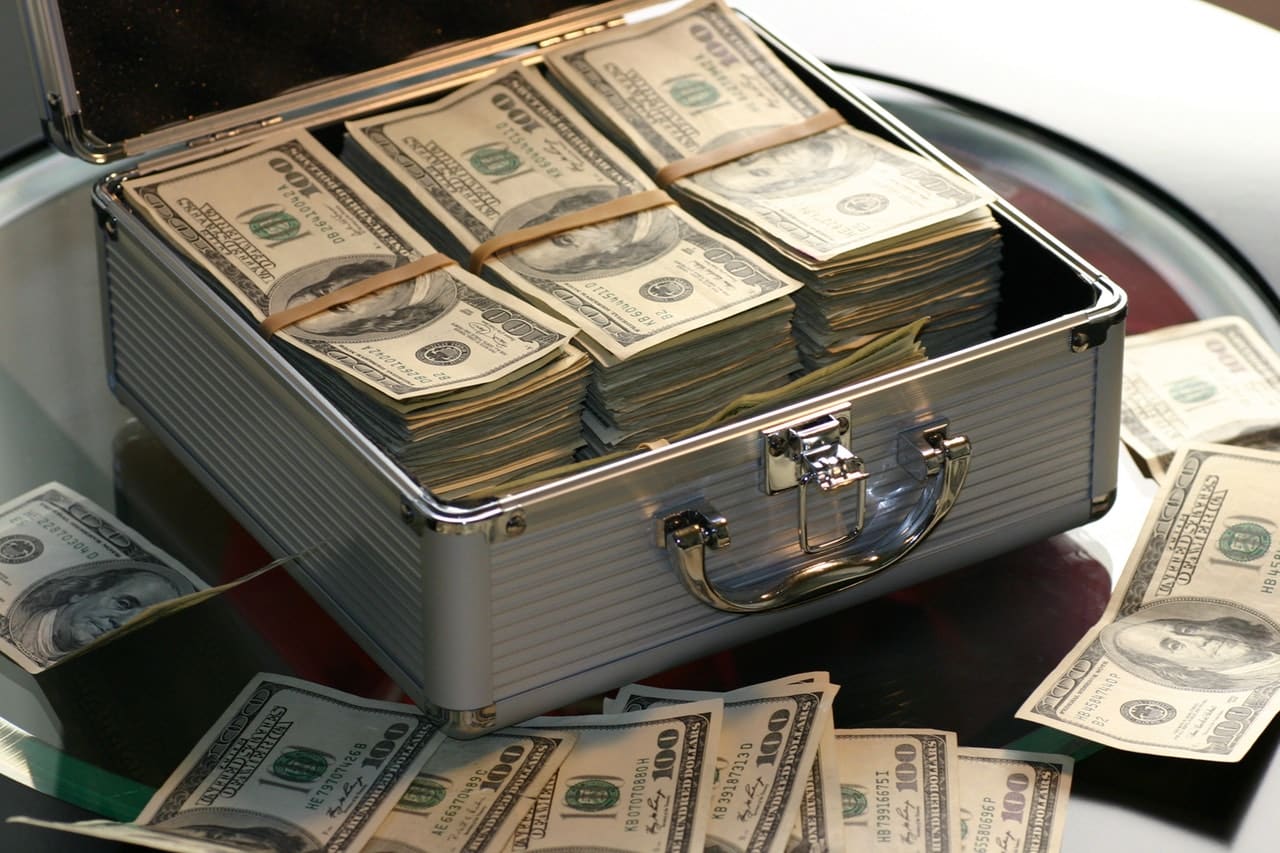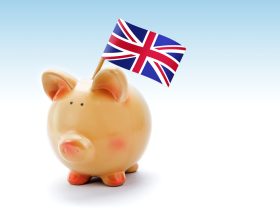Saudi Arabia, a major economic power in the Group of 20, is a positive contributor to global growth and plays an important balancing act.
The Group of Twenty (also known as the G-20) is an international forum for the governments and central bank governors from 20 major economies.
The members include 19 individual countries — Argentina,Australia, Brazil, Canada, China, France, Germany, India, Indonesia, Italy, Japan, South Korea, Mexico, Russia, Saudi Arabia, South Africa, Turkey, the United Kingdom and the US along with the European Union (EU). The EU is represented by the European Commission and by the European Central Bank.
Around 13,000 guests — of which 2,469 are media members — are taking part in the two-day summit.
As the G-20 leaders gathered in Turkey for a two-day meeting on how to boost global growth, the economic discussions were overshadowed by deadly attacks in Paris on Friday that left more than 120 people dead.
“The skies have been darkened by the horrific attacks that took place in Paris,” President Barack Obama said in Antalya after meeting Turkish President Tayyip Erdogan.
According to a draft communique seen by Reuters on Sunday, the heads of the world’s 20 largest economies pledged to use all of their policy tools to tackle uneven economic growth that falls short of expectations.
John Sfakianakis, Middle East director at Ashmore Group, commented to Arab News: “The Saudi economy is on par with many other G-20 nations, such as the host country Turkey in terms of size. Regionally, Saudi Arabia is a positive contributor to growth for many decades and plays an important balancing act.”
He added: “Saudi Arabia plays the role of a stabilizer. Many today might ignore the importance of Saudi Arabia as oil prices are down and much has been discussed about the Kingdom’s swing producer role.”
Sfakianakis said: “Commodities go through cycles and we are at a new cycle but even when prices are down, Saudi Arabia is investing and doing its part just like it did what it could be in 2008 when oil price hit nearly $150 per barrel.”
Faisal Alsayrafi, president of Financial Transaction House (FTH), told Arab News: “Saudi Arabia plays an important role in G-20. It is in the G-20 because it is one of the wealthiest countries in the world and it is helping the vision and mission of G-20 to bride the gap between developed and developing countries.”
He also said: “The main agenda for the summit is fighting terrorism, which is essential to develop cooperation among the members.”
Asim Bukhtiar, head of Research and Advisory at Saudi Fransi Capital, said: “With oil hovering near five-year lows, Saudi Arabia will intensify efforts to diversify revenues.”
Bukhtiar said: “The G-20 platform could serve to enhance trade and investment with member countries. Attracting foreign investment should be priority for the country.”
He said the Kingdom offers potential in many fields besides mineral resources. This message should be broadcast to the world, particularly member G-20 countries, said Bukhtiar.
London-based James Reeve, deputy chief economist and assistant general manager at Samba Financial Group, commented: “First, note that the Kingdom’s economy is likely to shrink in nominal terms this year: We think it will be $640 billion, versus $746 billion last year. However, it is likely that it will still be in the G-20 (at number 20 down from number 19).”
He added: “The Kingdom’s most important role for the G-20 is supplying plentiful oil. This it has done, and the G-20 should be very pleased because the Kingdom has not tried to support the price by withholding oil from the market.”
Reeve also said: “Aside from Mexico and Russia, there are no other major oil exporters in G-20. The G-20 economies are generally very diversified and quite developed economies (the partial exception is Indonesia). So it is difficult to compare Saudi Arabia with the other 19:The Kingdom is at a very different stage of development.”







Leave a Reply